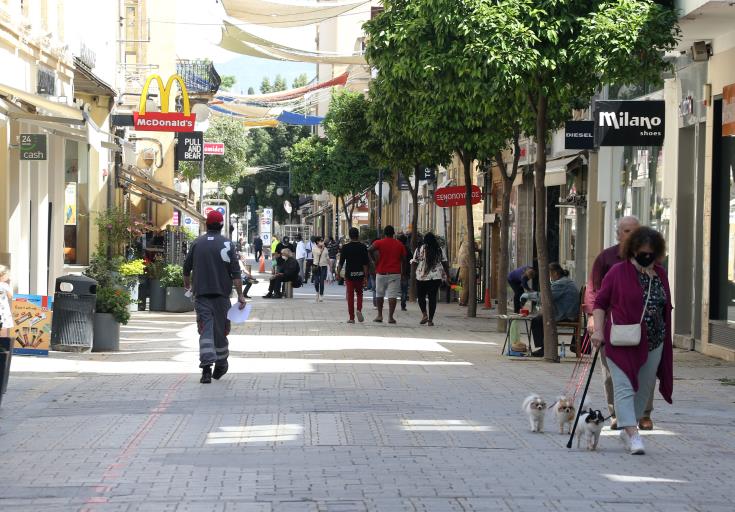Time is running out for Cyprus to fulfil its European Commission obligations for the next instalment of €85 mln from the EU’s Recovery and Resilience Fund, with officials urging MPs to pass key reforms.
Cyprus has already received the first instalment of €156 mln, and if it wants to unlock the next €85 mln, which is due in February 2022, the country will have to complete a set of reforms and investments targets.
Cyprus has requested €1 bln in grants and €227 mln in loans under the RRF by the end of 2026 and does not have the luxury of failing any of the requirements.
Theodosis Tsiolas, the Permanent Secretary of the Directorate-General for European Programmes, Coordination and Development, called on parties to step up procedures as the reforms have to be introduced by the end of 2021.
Suppose a reform or an investment is delayed or, for any reason, does not proceed. In that case, Cyprus is neither entitled to request February’s instalment nor proceed with subsequent instalments.
Talking to state radio CyBC, Tsiolas said that Cyprus has to approve public sector legislation, reshape local authority administration, reform the justice system, open up the electricity market, and tackle non-performing loans.
Nicosia must put into motion by the end of 2021 a total of 14 reforms and investments.
“There are currently two which bring the civil service up to speed with the rest of the Union.
“These reforms will regulate the way civil servants are promoted and evaluated. As a result, we will no longer have a civil service where all employees are evaluated as excellent,” said Tsiolas.
He said that another key reform concerns upgrading the island’s legal system to speed up the delivery of justice.
Several bills pending before the House bring sweeping changes to speed up the notoriously slow wheels of justice.
While the EU average required to complete a court case is eight months, Cyprus needs more than 2,500 days.
“Two more reforms concern the improvement of the legal and institutional framework for the fight against corruption.”
A bill on transparency of the decision-making process and related issues, including provisions for preventing conflicts of interest, should enter into force.
Another pending law has to do with the protection of ‘whistle blowers’ who report cases of fraud and corruption from internal sanctions.
Christmas gift
Tsiolas said Cyprus has to pass laws reforming local government.
Under the reforms, municipalities will decrease from 30 to 17, with many communities and local councils merging.
“We call on political parties to set aside their differences and move forward with this key reform.”
Tsiolas added that the government is pleased with the first step taken by MPs to extend the term of existing municipal and community councils.
Postponement of the elections means that existing municipal and community councils will continue serving their terms until the implementation of the local government reform.
“Another key reform is the regulatory framework for energy storage and the modification of transmission and distribution regulations and the rules of negotiation and settlement.”
MPs will still have to usher in the reform framework for the local government before the end of the year.
Tsiolas is confident the reform agenda will be passed by Christmas.
“The parties had worked together to usher in reforms to harmonise Cyprus’ legal framework ahead of its accession to the EU in 2004.
“I am certain they will be acting, in the same manner, to save the country’s economy now”.
He said the parties had been called to join a committee spearheaded by the Directorate-General for European Programmes to keep track of progress.
“Everyone is aware of what lays before us. Together we can work to revive our economy, which has been struck by the coronavirus pandemic.
“We need liquidity to make a strong start in 2022.
“Everybody will benefit from the implementation of reforms and the Resilience Fund.”
He said money from the first instalment has gone to finance ‘green infrastructure’, with subsidies handed out to households and businesses for RES projects.
“Productivity will shoot up, increasing by 23.5% in the medium term, and employment will also increase by 29.3%.
“The aim is that by the time the RRF comes to an end in 2026, we are left with a modern and competitive state.
“This is a bet we cannot afford to lose. Democracy calls for compromises.”
The Cypriot plan is structured around five policy pillars: public health and civil protection; the green transition; economic resilience and competitiveness; digital transition; the labour market, education, and human capital.










